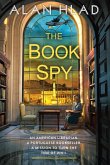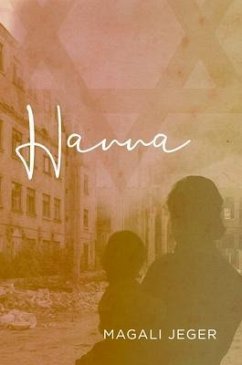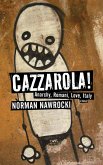On November 7, 1938, a small, slight seventeen-year-old Polish-German Jew named Herschel Grynszpan entered the German embassy in Paris and shot dead a consular official. Three days later, in supposed response, Jews across Germany were beaten, imprisoned, and killed, their homes, shops, and synagogues smashed and burned-Kristallnacht, the Night of Broken Glass.
Based on the historical record and told through his "letters" from German prisons, the novel begins in 1936, when fifteen-year-old Herschel flees Germany. Penniless and alone, he makes it to Paris where he lives hand-to-mouth, his shadow existence mixing him with the starving and the wealthy, with hustlers, radicals, and seamy sides of Paris nightlife.
In 1938, the French state rejects refugee status for Herschel and orders him out of the country. With nowhere to go, and now sought by the police, he slips underground in immigrant east Paris.
Soon after, the Nazis round up all Polish Jews in Germany-including Herschel's family-and dump them on the Poland border. Herschel's response is to shoot the German official, then wait calmly for the French police.
June 1940, Herschel is still in prison awaiting trial when the Nazi army nears Paris. He is evacuated south to another jail but escapes into the countryside amid the chaos of millions of French fleeing the invasion. After an incredible month alone on the road, Herschel seeks protection at a prison in the far south of France. Two weeks later the French state hands him to the Gestapo.
The Nazis plan a big show trial, inviting the world press to Berlin for the spectacle, to demonstrate through Herschel that Jews had provoked the war. Except that Herschel throws a last-minute wrench in the plans, bringing the Nazi propaganda machine to a grinding halt. Hitler himself postpones the trial and orders that no decision be made about Herschel's fate until the Führer personally gives an order-one way or another.
Based on the historical record and told through his "letters" from German prisons, the novel begins in 1936, when fifteen-year-old Herschel flees Germany. Penniless and alone, he makes it to Paris where he lives hand-to-mouth, his shadow existence mixing him with the starving and the wealthy, with hustlers, radicals, and seamy sides of Paris nightlife.
In 1938, the French state rejects refugee status for Herschel and orders him out of the country. With nowhere to go, and now sought by the police, he slips underground in immigrant east Paris.
Soon after, the Nazis round up all Polish Jews in Germany-including Herschel's family-and dump them on the Poland border. Herschel's response is to shoot the German official, then wait calmly for the French police.
June 1940, Herschel is still in prison awaiting trial when the Nazi army nears Paris. He is evacuated south to another jail but escapes into the countryside amid the chaos of millions of French fleeing the invasion. After an incredible month alone on the road, Herschel seeks protection at a prison in the far south of France. Two weeks later the French state hands him to the Gestapo.
The Nazis plan a big show trial, inviting the world press to Berlin for the spectacle, to demonstrate through Herschel that Jews had provoked the war. Except that Herschel throws a last-minute wrench in the plans, bringing the Nazi propaganda machine to a grinding halt. Hitler himself postpones the trial and orders that no decision be made about Herschel's fate until the Führer personally gives an order-one way or another.
Dieser Download kann aus rechtlichen Gründen nur mit Rechnungsadresse in A, D ausgeliefert werden.









